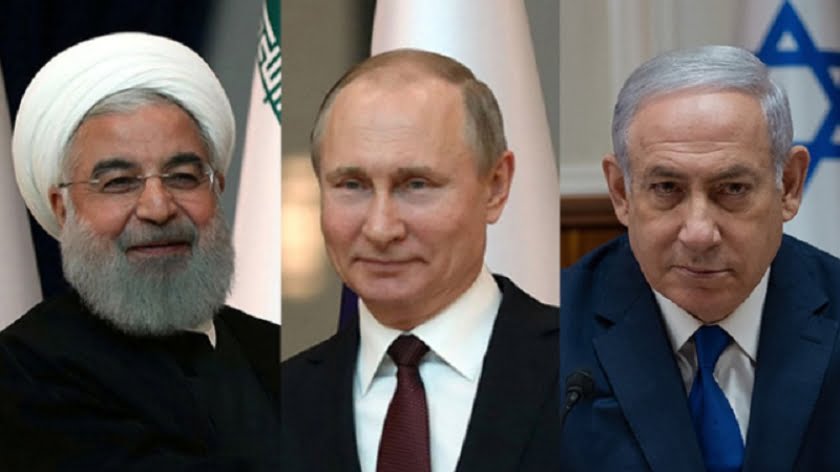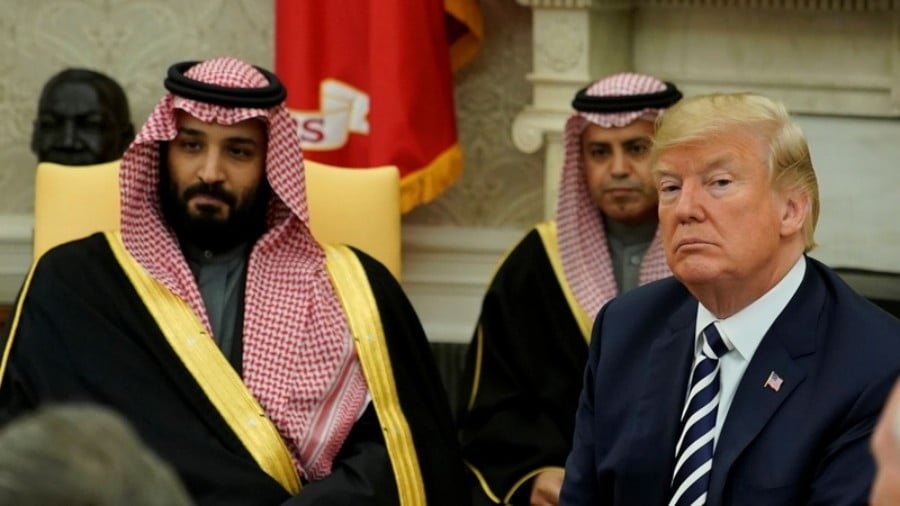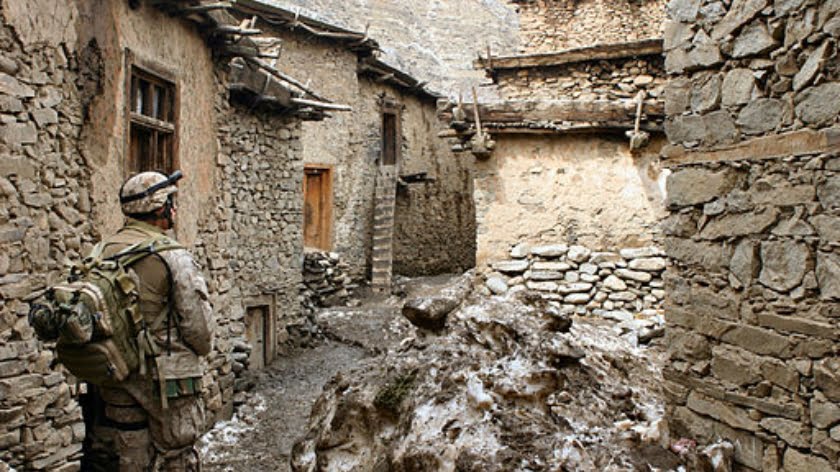The Russian-“Israeli” Spy Scandal Puts Iran In An Uncomfortable Position
The arrest of Russian anti-government journalist Yulia Yuzik by the IRGC on suspicion of spying for “Israel” and her subsequently promised release following pressure from Moscow puts Iran in the uncomfortable position of being seen as “compromising” on its ideological resistance to Zionism and even its own internal security, which runs the risk of exacerbating its ongoing “deep state” tensions between the Reformist (“moderate”) and Principalist (“conservative”) factions.
***
Russian-Iranian relations were unexpectedly shaken Friday afternoon following reports that the IRGC arrested Russian anti-government journalist Yulia Yuzik on suspicion of spying for “Israel” during her latest trip to the Islamic Republic, but the international dimension of this scandal quickly subsided after Moscow put pressure on Tehran to secure her release, which the Iranian Ambassador to Russia promised would soon be forthcoming. It was a shock in the first place that a Russian was suspected of spying on Iran, let alone on behalf of “Israel”, but it was even more shocking that Iran promised to let her go in what might be the first-ever instance of an “Israeli” spy being let off scot-free by the authorities since the 1979 Islamic Revolution. Evidently, the only reason why that decision was made was because of the alleged spy’s connection to Russia, which resulted in the Russian Ministry of Foreign Affairs summoning the Iranian Ambassador “to briefly clarify the circumstances of the incident and ensure the rights of the Russian female”, according to Foreign Ministry spokeswoman Zakharova.
Importantly, it didn’t matter that Yuzik is a vehement critic of the Russian government (as a quick skimming of her Facebook profile shows), as her nationality compelled Russia to defend the rights of its citizen in line with its international legal obligations. In addition, it was also irrelevant to the Russian authorities that she was suspected of spying on behalf of a third country, and if anything, it might even be precisely because she was supposedly employed by “Israel” that Russia immediately worked to secure her promised release. It’s taboo to talk about in the Alt-Media Community, but Russia and “Israel” have become so close over the past few years that it’s possible to speak about them as the single entity of “Putinyahu’s Rusrael“, which the author elaborated upon in his recent analysis about “Russia’s Middle East Strategy: ‘Balance’ vs. ‘Betrayal’?” In summary, Russia’s regional “balancing” act has seen it unofficially ally with the self-professed “Jewish State” due to the commonality of strategic interests between them, which relevantly include curtailing the expansion of Iranian influence throughout the Mideast in spite of Moscow’s excellent bilateral state-to-state relations with Tehran.
The Islamic Republic is under considerable Hybrid War pressure by the US, “Israel”, and the GCC, so it’s desperately in need of the “pressure valve” that its ties with Russia afford it. Nevertheless, Iran is the “junior partner” in that relationship like this latest scandal shows because Moscow was somehow or another able to leverage its influence in order to convince Tehran to “compromise” on its globally known ideological resistance to Zionism. It was hitherto impossible to imagine that anyone could have gotten Iran to promise to release a foreign national who was arrested on suspicion of spying for “Israel”, but that’s exactly what Russia just did. This dramatic outcome demonstrates the powerful sway that Moscow holds over the Islamic Republic nowadays even concerning matters of its own internal security, to say nothing of its regional counterpart that Iran also “compromised” on in summer 2018 after Russia carved out an anti-Iranian buffer zone 140 kilometers beyond the occupied Golan Heights at “Israel’s” request according to the Russian Ministry of Defense as reported upon by RT in September 2018.
Iran’s Russian-“Israeli” spy scandal isn’t going away anytime soon, however, since theInternational Federation of Journalists (IFJ) and the European Federation of Journalists (EFJ) called upon the country to clarify the reasons behind Yuzik’s arrest, which means that Iran might end up publicly sharing the evidence that it has against her. Should that happen, then Iran would be confirming that it “compromised” on its anti-Zionist ideology and even internal security after heavy Russian pressure was put upon it to secure her promised release, further undermining the Islamic Republic’s international reputation but also running the risk of exacerbating the “deep state” tensions between its “Reformist” (moderate) and “Principalist” (conservative) factions. That scenario could be offset somewhat, however, if Iran walks back the reasons for her arrest and unconvincingly concedes that it made a “mistake”, though it’s unlikely that anyone inside and outside of the country would believe it even though that represents the best “face-saving” option under the circumstances. Still, it might not be enough to repair the damage that’s already been done and prevent it from spreading.
The proverbial genie is already out of the bottle, so to speak, and the world sees that Iran’s first reaction to Russian pressure to secure the release of its citizen who’s suspected of spying for “Israel” was to capitulate and promise that Moscow’s demand will be met very soon. It can only be speculated what Russia hinted could happen if this didn’t occur, but whatever it said obviously succeeded in scaring Iran, unless of course the “Principalists” intervene to derail her planned release on national security grounds and then force Russia to “put its money where its mouth is” and follow through on whatever it might have threatened. In any case, whether it’s visible or not, this incident definitely influenced Iran’s “deep state” war even if its impact on bilateral relations with Russia is ultimately negligible for reasons of realpolitik connected to the Islamic Republic’s desperate need for some form of sanctions relief that only Russia can reliably provide due to simple geographic factors if it had the political will to do so. It’ll therefore be interesting for observers to follow the domestic political aftermath of this scandal and see if it eventually shifts the internal balance of power in Iran.
By Andrew Korybko
Source: One World







